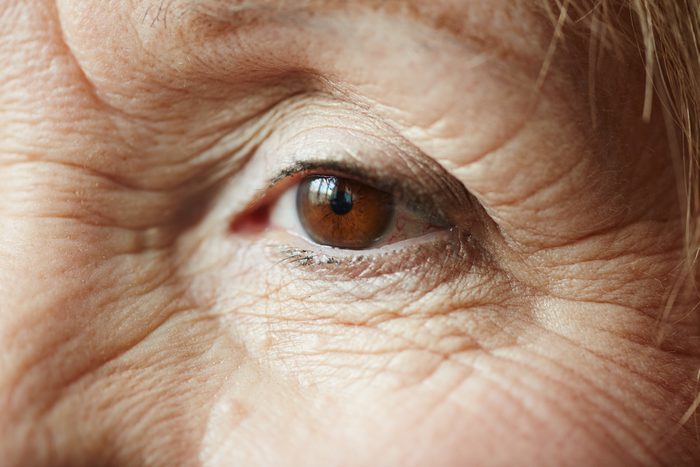
What is macular degeneration?
Age-related macular degeneration (AMD) is the deterioration of the macula. The back wall of the eye, called the retina, has a central section, called the macula, which is responsible for many key components of our sight, including our ability to read, recognize faces and colors, drive a car, and detect fine details.
According to David Rein, director of the public health analytics program at NORC at the University of Chicago who authored a study on AMD in 2019, nearly 20 million adults have this condition, and almost 1.5 million people have late-stage AMD.
The more common “dry” form (caused by the thinning and atrophy of the macula) and the less common “wet” form (caused by the formation of blood vessels under the retina and macula that may leak).
AMD is the leading cause of irreversible blindness in the elderly—worse than cataracts and glaucoma—though as we age our eyes become more vulnerable to a number of damaging conditions.
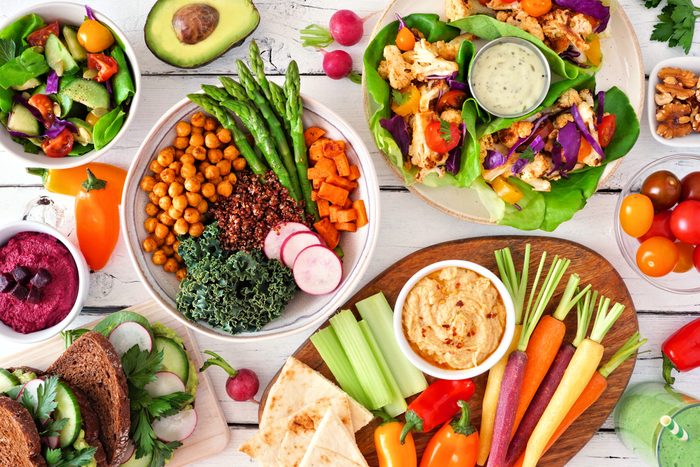
What your diet can do for your macular degeneration risk
The good news is, a growing body of evidence is finding that certain vitamins and minerals and the right diet can slash your chances of developing AMD. “Nutrition can be a powerful way to keep our eyes functioning into old age,” says Angel Planells, MS, RDN, Seattle-based founder of ACP Nutrition, and spokesperson for the Academy of Nutrition and Dietetics.
Johanna M. Seddon, MD, ScM, Professor of Ophthalmology at Tufts University School of Medicine, director of the Ophthalmic Epidemiology and Genetics Service at Tufts Medical Center, and co-author of the book Eat Right for Your Sight, agrees: “I think more and more people are coming to appreciate the impact nutritional factors have on eye disease,” she says.
Studies have found that certain nutrients, such as omega-3 fatty acids, antioxidant vitamins, and minerals, can help protect against macular degeneration, says Crystal Scott, MS, RD, LD, CDCES, CSP, CSSD, a registered dietitian. Scott points to a well known 2010 study published in the American Journal of Epidemiology that found a diet rich in fruits, vegetables, and fish was associated with a reduced risk of developing macular degeneration.
The following foods are particularly rich in the nutrients that are evidenced to help treat or prevent macular degeneration:
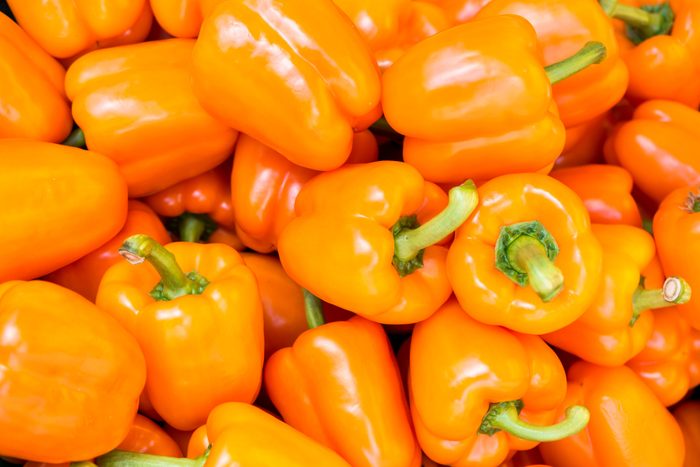
1. Orange peppers
“Orange peppers are known to be the richest source of zeaxanthin, a carotenoid that is known to slow the progression of macular degeneration,” explains Serena Poon, CN, CHC, CHN, certified nutritionist and celebrity chef.
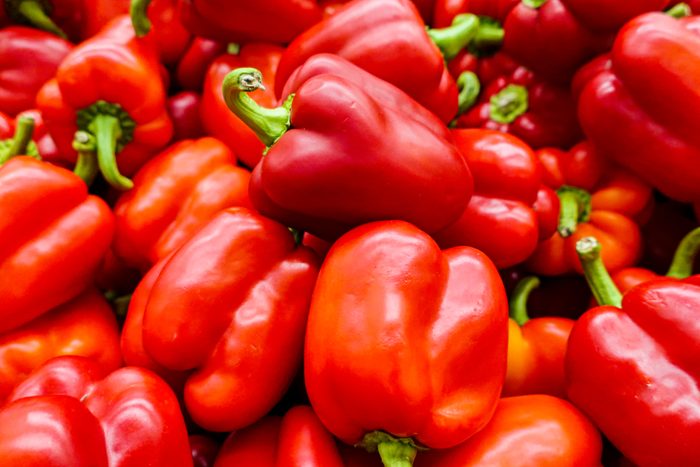
2. Red peppers
The color isn’t the only difference between orange and red peppers. “Red peppers contain both carotenoids and antioxidants that protect eye health, such as lutein, vitamin E and vitamin C,” Poon says.
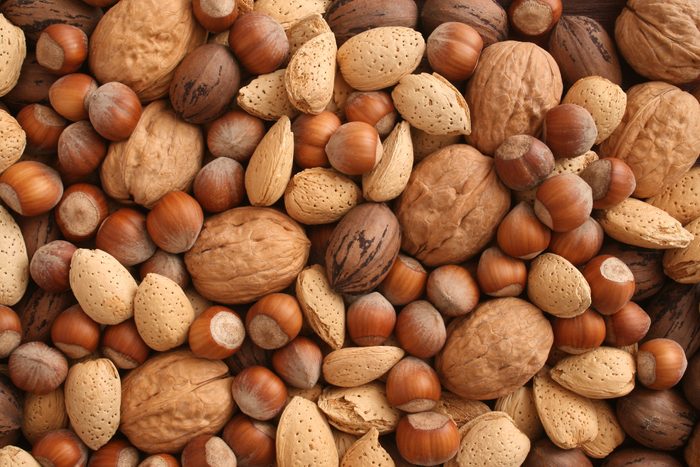
3. Almonds and hazelnuts
Nuts and seeds are particularly high in the type of vitamin E known to support eye health, called alpha-tocopherol. Almonds and hazelnuts are some of the best sources of vitamin E and can be particularly helpful for protecting eye health due to their antioxidant benefits. Nuts and seeds are also a good source of zinc, another mineral that supports eye health.
Nuts are an integral part of the Mediterranean diet, which both Poon and Scott point out has been shown to have a protective effect against macular degeneration.
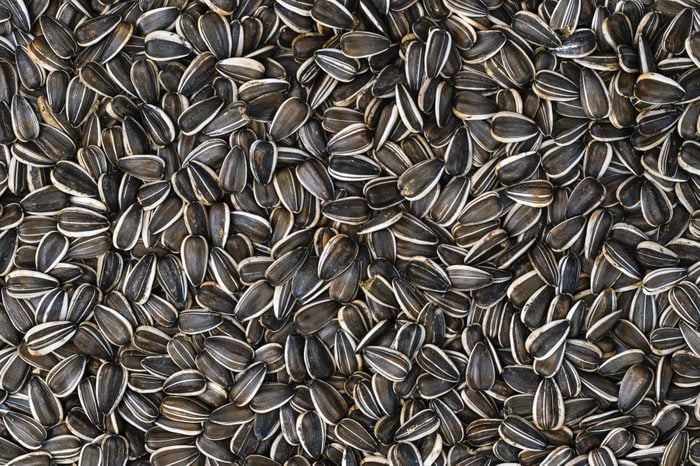
4. Sunflower seeds
“Not only are sunflower seeds high in vitamin E, they are also a good source of zinc and copper which are part of the AREDS2 collection of vitamins used to treat macular degeneration,” Poon says. (Don’t forget about sunflower seed butter—our editors love the Once Again brand.)
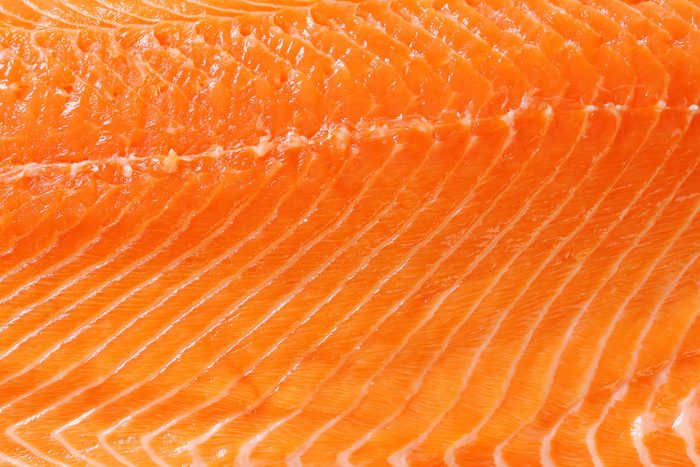
5. Lake trout, mackerel and Atlantic salmon
Fish with high DHA, an omega-3 fatty acid that makes up much of the retinal tissue, may help prevent AMD. “Research shows that people with diets high in DHA tend to have a decreased risk for macular degeneration,” Poon explains.
Adds Scott: “Chronic inflammation is a risk factor for macular degeneration, and consuming foods that have anti-inflammatory properties can help protect against the disease.”
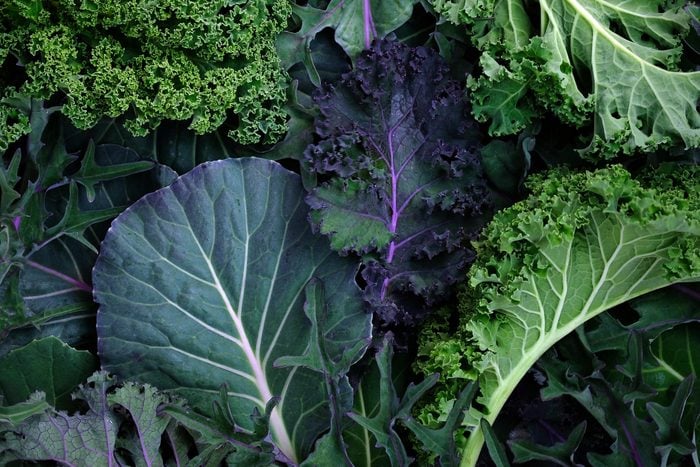
6. Kale
Kale is a popular superfood that is also high in lutein, which supports eye health and is an important nutrient for the treatment of macular degeneration.
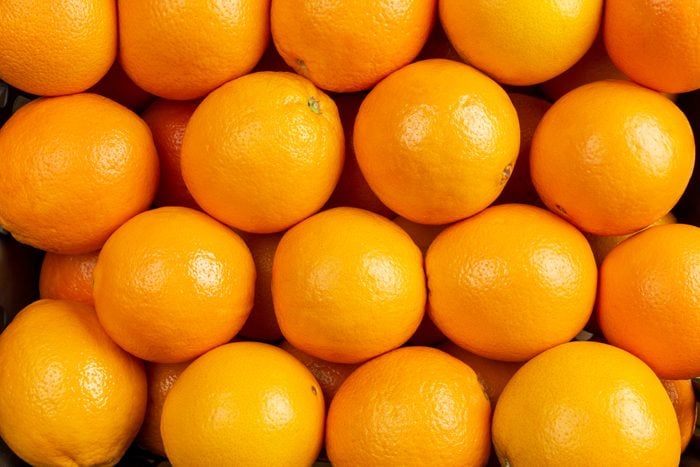
7. Oranges
There are a lot of ways to get vitamin C, but oranges are a convenient, accessible option. “One orange provides almost all the vitamin C you need in a day,” Poon says, “and vitamin C plays a critical role in protecting your eyes from oxidative damage.”
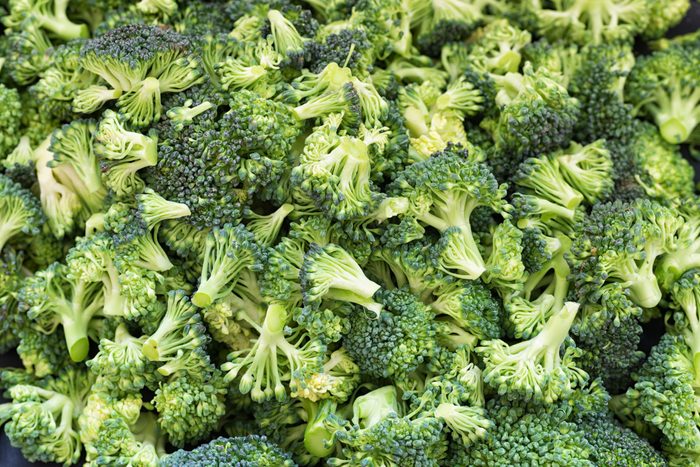
8. Broccoli
The list of reasons to eat broccoli is long. “It isn’t just crunchy and full of fiber,” Poon says, “but it also supports macular degeneration treatment because it contains good amounts of both vitamin C and lutein.”
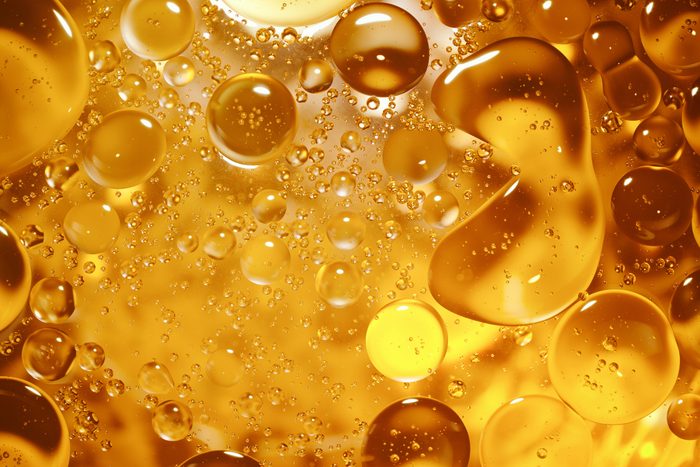
9. Olive oil
Olive oil is a cornerstone of the olive oil the Mediterranean diet, which Poon and Scott say is widely referenced as one of the healthiest diets and tied to decreased instances of macular degeneration. “Researchers think that olive oil supports macular degeneration treatment because of its high polyphenol content,” Poon says.
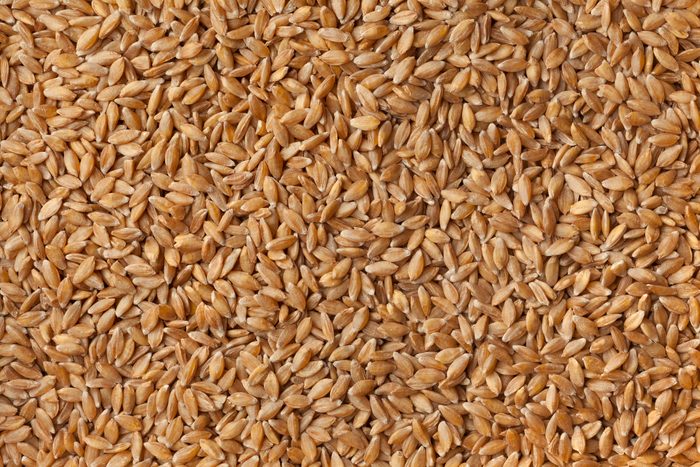
10. Einkorn
Einkorn is an ancient whole grain that contains lutein and zeaxanthin. “It is also full of protein, fiber and is a good source of zinc and beta-carotene,” Poon says. It’s arguable that einkorn is one of the healthiest grains around.

Embrace a healthier lifestyle to reduce macular degeneration risk
While the right diet plays a big role in protecting your eyes against age-related macular degeneration, it’s only part of the lifestyle puzzle. Other smart strategies include avoiding smoking (which doubles your risk of developing the condition), sticking to a regular exercise regimen, and maintaining normal blood pressure and cholesterol levels, says the National Eye Institute.
Another easy tip? Wear UV-protective sunglasses.
- When You Use Olive Oil and Other All-Natural Oils as Moisturizer…Do You Absorb the Fat Content? An Obesity Doctor Explains
- What Is a Regenerative Agriculture Diet? Here’s How It Could Improve Your Health
- Research Shows This Gross (but Common) Behavior May Increase Alzheimer’s Risk
- What Is Laugh Therapy, and Should You Try It?
Additional writing and reporting by Jaime Stathis.